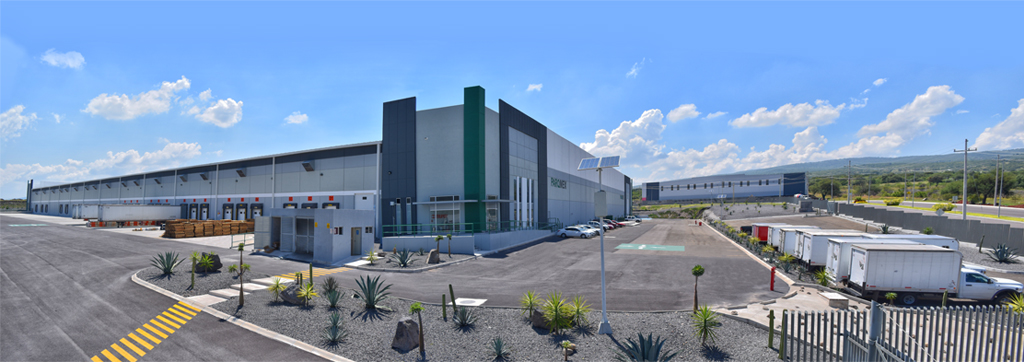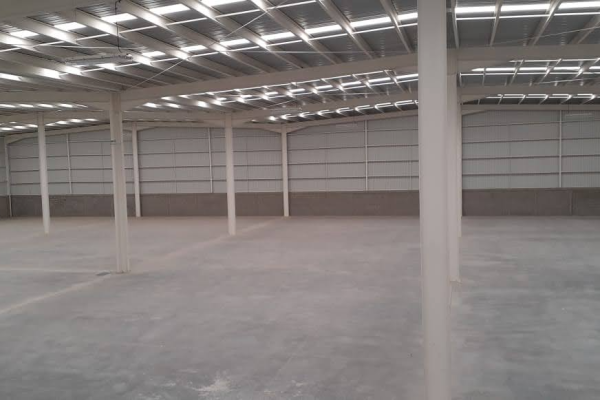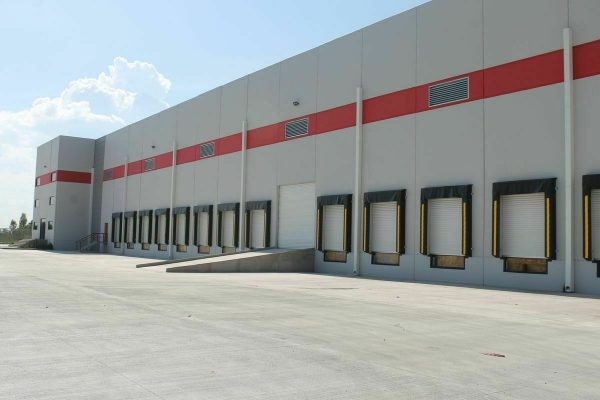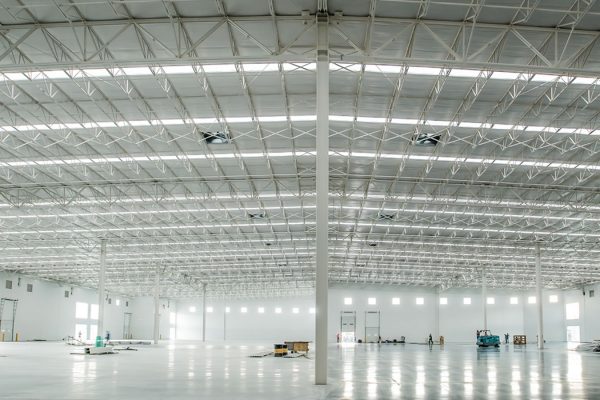During the last two or three decades, the offshoring phenomenon – which consists in having production contracts with overseas country suppliers, mainly from Asia – has lost appeal. Everyday there are more companies that consider relocating this part of their supply chain to a nearer country – in terms of where their base of operations is.
This practice is known as nearshoring. Nearshoring to Mexico has grown last years and the country is taking advantages of this.
Nearshoring: change of tide
According to the analysts, the main reasons that made the global enterprises stop viewing China as an investment destination for manufacturing operations were the cost rise – especially in workforce – and the tariff war with the US.
Regarding the first point, the “World Salaries Report” of the International Labour Organization, reveals that real salaries in China doubled between 2008 and 2019, far exceeding the global growth rate.

Wage growth rate, 2006-2019
The commercial confrontation between the two countries tha started in 2018, represents 500 billion dollars annually in reciprocal taxes. This quarrel speeded up the decision of companies to reduce their investment in China.
All this happened while there were problems with intellectual property piracy, cases of labor exploitation and supply delays caused by environmental disasters or health emergencies, such as tsunamis and the COVID-19 outbreak.
All these facts have made Mexico the main comercial ally for the US. It’s a status that the country kept until july-september 2020, with a commercial exchange of 86 billion dollars, according to the US Commerce Department report.

Source: Bank of Mexico
What is nearshoring? Why is it important to Mexico?
Nearshoring is the arrival of foreign investments for bringing production centers and processes closer to a target market and taking advantage of favorable conditions in the destination country.
For Mexico and the US, these conditions come mainly from the trade agreement signed by the two countries and Canada (T-MEC).
Nearshoring to Mexico have clear benefits for strategic areas of the Mexican economy, such as the automotive industry. BMW’s car manufacturing factory in San Luis Potosi is an example: starting operations in 2019, it has attracted the main providers of the German brand to establish in the region.

Source: AMIA (Mexican Association for Automotive Industries)
Advantages of nearshoring to Mexico
Nearshoring to Mexico has geographical and demographical benefits, besides the costs savings and investment promotion policies.
• Cheaper workforce:
By 2018, the average salary in Mexico was US $4.45/hour, compared to China’s US $5.51/hour. Manufacturing costs remain competitive.
• Cheaper logistic operations:
Mexico has 117 seaports, 64 international airports, 27,000 km of railways and 172,000 km of highways for transportation and logistics.
• Fast and safe supply chains:
The land transportation from Mexico to the US takes about 3 or 4 days and reduces the risk in the supply chains.

Source: Freightos, Prince Manufacturing.
• Direct communications:
A time difference of 3 hours makes communications and supervision easier.
• Qualified workforce
The country has more than 110,000 new engineers each year, a fact that guarantees the flow of specialized human talent.

Source:OCDE
• Developed and diversified industrial operations
Mexico is a global leader in manufacturing industries, such as automotive industry (4th global exporter globally), aerospace (6th largest supplier in aeronautical components for the US) and medical devices (8th largest exporter globally).
• Intellectual property protection policies
Mexico has equivalent intellectual property laws as of the US.
• Lower taxes and production incentives
Mexico offers incentives to producers through promotion programs, which allows manufacturers to import raw materials and components without the payment of an income tax or compensation amounts
Before contemplating nearshoring operations to Mexico, it is crucial for each company to seek professional advice in the real estate market. Industrial real estate consulting firms, such as LCA, serve as an strategic ally, assisting companies in identifying optimal opportunities in terms of industrial buildings or land.
We specialized in providing detailed information about industrial parks and Build to Suit projects, ensuring that facilities are strategically located in the country’s main logistics and manufacturing hubs. By collaborating with us, businesses can streamline their decision-making processes and maximize growth opportunities in the Mexican industrial landscape.







